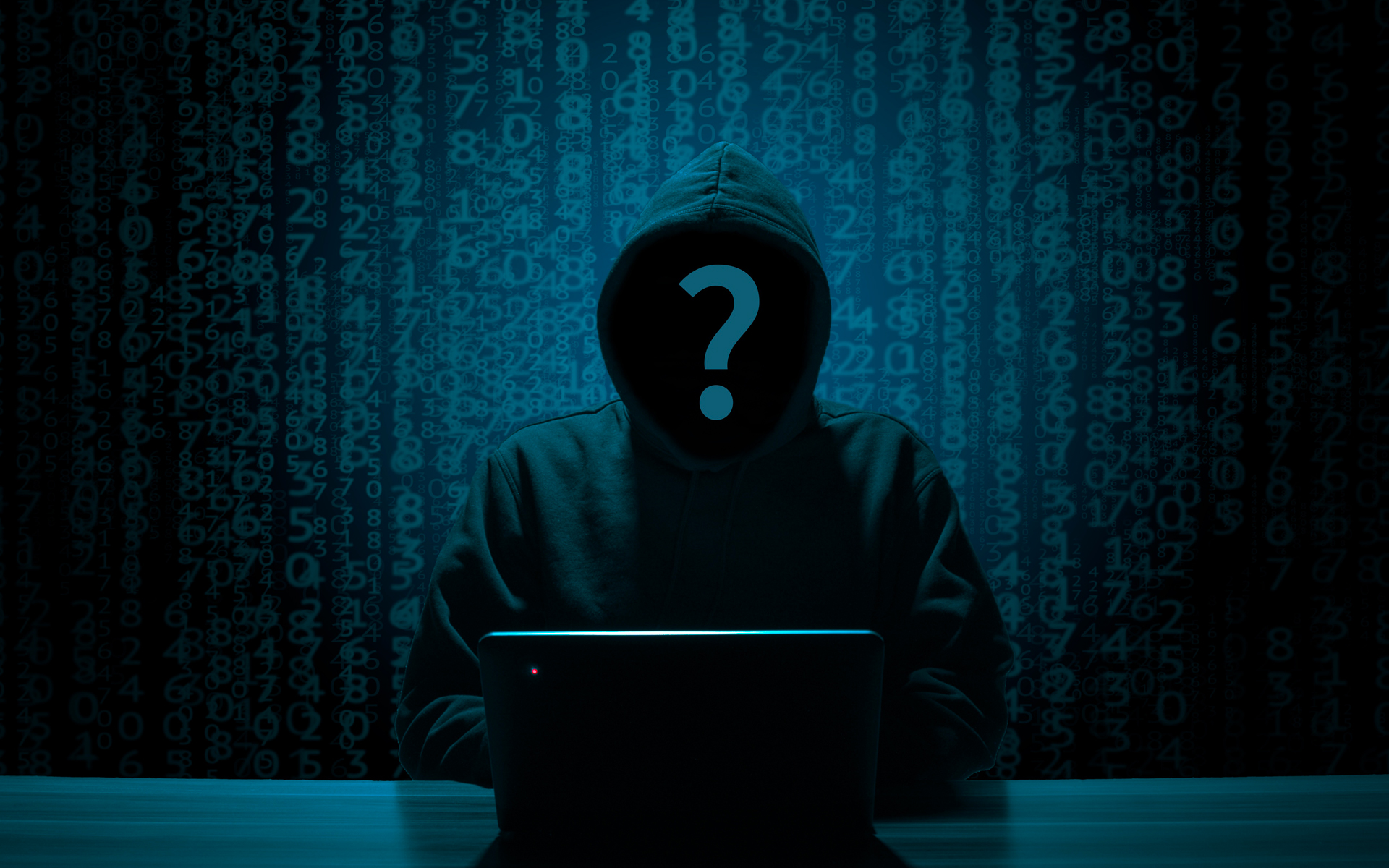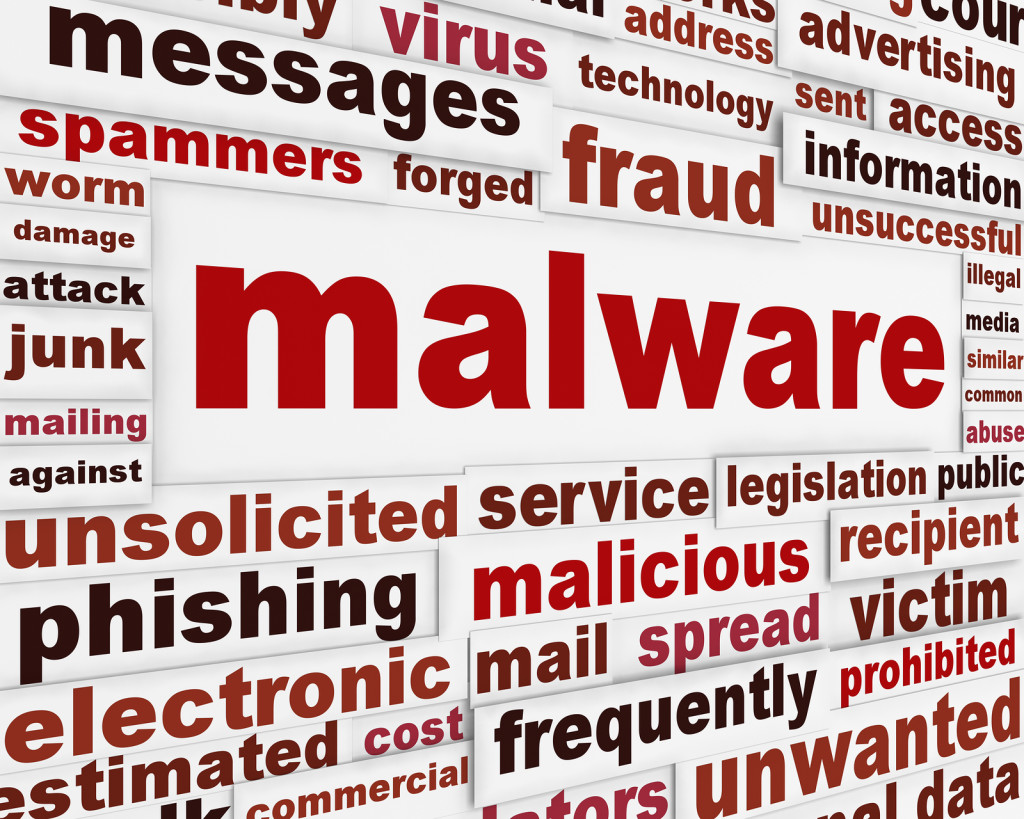
What does malware mean, adware – Prevention and Devirus solutions – Anti-adware is anti-Malware
What does malware mean, adware – Prevention and Devirus solutions – Anti-adware is anti-Malware

One of the worst things that can happen to a Windows user is to lose the data stored on the hard disk or to steal confidential data from computer virus. To not reach the situation where SA We are looking for disview solutions, it is good to have any idea how much, what are the types of viruses, what they actually do on the system and how we can prevent their penetration. Let's understand what adware, malware and other malicious applications mean.
content
Adware – Prevention and Devirus / Anti-Adware Solutions
What is an adware?
An adware It's a virus oriented mainly to advertising commercials. Infecting a PC with an adware virus will display banner advertisements or of tip pop-up at the opening of the Internet pages. So an adware directly affects Internet browsers Firefox, Google Chrome, Opera And especially Internet Explorer. There are some more developed adware forms that do not need an Internet browser to open an advertisement, which is executed and launched directly from the file created by the virus on the PC. Normally, an adware does not bring serious damage to a PC, being only stressful through the advertisements that displays them and consuming small resources from CPU yes memories RAM. The problem is that we can never be sure that such a virus is limited only to launching ads. An adware can be easily transformed into a virus de tip spyware to collect Confidential data from the victim computer and send them to destinations badly intended.
How do we know if we have an adware virus on Windows?
Now do not think that all the ads you see on sites are because of a virus in your PC. You can figure out what are the normal advertisements and which are because of an adware by accessing web pages that you are sure there are no commercials put in strange or pop-up banners. If on those pages you see suspicious banners and usually leading to the same web page, then it is good to think seriously about a devirusare.
How can we avoid infection with adware viruses of Windows PC?
First of all it is advisable to have a antivirus bun and with updates up to date. In addition, when the antivirus warns you that you are about to “friends” With a suspected file / program it is good not to blindly press the button “allow” or “ignore”.
There are two main ways through which an adware can make room in your PC. Either through Installing a program you don't know much about, either by installing a addon or one extensions On the Internet browser when accessing adult sites, sites that offer online movie and others Web pages who have illegal content or at the limit of law and good practices. It is good to avoid such sites and install pirated programs or games, if you do not know what they do exactly and what is hidden behind them. Most of the dubious applications and programs have in their advertisement an “free download” and one “100% safe“, but if they I'm not coming from O company or from a trusted developer, that one “free download” It is very possible to cost you more than you imagine. Also, when installing an application or when executed, be careful if you offer it or not running permission / installation on the operating system. Starting with Windows Vista and continuing in Windows 10, Microsoft introduced UAC-ul. User Account Control It has the role of blocking the installation and running of an application that brings changes in the system, without the consent of the user (yours). In Windows 10, the UAC has been developed and designed to no longer allow installation to programs that do not have certificates “signed” / untrusted – (more advanced level / will explain in another article soon what it means Trusted & Untrusted Certificates)
What are the solutions / programs and methods of anti-adhesive disorder?
Leaving aside “Holly FORMAT” of the hard disk (of course with a backup beforehand a important data on the hard drive), most suppliers of software anti-virus It also offers solutions to get rid of adware. Based on the descriptions of the relevant manufacturers and reviews of other users you can choose an anti-virus software from Lavasoft, Kaspersky Lab, Bitdefender, Malwarebytes, Avira, AVAST, AVG, AdwCleaner, etc trusted.
Malwarebytes It would be our choice.
Malware (Malicious Software) – Prevent yes devirusa / anti-malware

What is a malware?
If an adware is limited only to launching advertisements on the web pages accessed from the victim computer, a malware goes further and can reach up to Total control of the infected computer in full. There are Malware designed to send SPAM automatic email from the victim computer, to redirect the user to Clonate web addresses where confidential data is required or to irreversibly encrypt personal data.
Basically, the term “malware” is used generic for cyber virtues of several categories: virus, trojan horses, worm, rootkits, backdoors, evasion. These names are given according to the method by which the malware penetrates the system, its actions on the operating system and the propagation mode to other systems / computers.
- WordPress Virus – PHP Hack – Remove WordPress Virus
- Download AVG Anti-Virus 9.0.716 [Free Edition Antivirus]
- Anti-Malware software for macos – Download & Review
- Protect your phone with Android with Malwarebytes Anti-Malware
- Save.exe & Savenow.exe (WhenUsearch Adware)
A brief presentation of the terms / categories of malware:
Virus – A PC program that is hidden inside another program. It has the ability to create their children alone and to infect other files in the computer.
Trojan Horses – Or “The Trojan horse“, is a slightly more complex type of malware. It can be hidden behind a seemingly harmless application and is designed so that it cannot be detected during installation, launch, being very difficult to detect to be deleted or uninstalled. A trojan can immediately launch executable codes in the victim computer and can cause significant damage to the hard data. There were few cases of irreversible encryption of documents, pictures and other files on the computer after infection with a Cryptocker We are spp we rest.
Worms – On the scrutin, these bad programs they can Propaga alone And they can multiply their number of files in a operating system and / or in a local network. Lan.
Backdoors – or “the rear door method”, refers to how a malware penetrates into a user-protected operating system and password. A backdoor has the role of overcoming the authentication sessions (bypass). Usually these malware take access first to the Internet connection and create their security breaches to have internet access without the user's knowledge.
Rootkits – Once a malware has been installed in a system, it must remain undetected by the user. Rootkits packages are responsible for hiding bad processes in Task Manager and the modification of the system files in order not to make it impossible to identify and stop the virus processes.
Evasion – is a relatively new technique in “industria malware”, and this helps the malware to run with the computer. Boot sequence. Technology “evasion” It has evolved a lot in 2015, when it has reached the design of malware that block the installation on the infected system of anti-malware programs. Basically through this technique, important files of the operating system are modified, so that it no longer allows the installation of programs antivirus. Detecting and developing an evasion malware is a real headache. Vonate It is such a malware / adware that gives the headaches during this period of Windows PC users.
The list of malware types is not limited to the ones presented above. These are just the most common categories of malware.
How can we prevent infection with a malware – computer virus?
We mostly use similar practices as described in preventing adware infection. An updated anti-virus and anti-malware software that will run in real time on the system, both when installing applications and access to web pages, and an increased attention when we attach the horse to a memory stick or an external hard drive that comes from an anti-malware without computer. A firewall Configured well and insulation in the local network of the system represents an additional security.
The disorder of a computer is done according to the type of malware that infected it and the importance of the stored data. If no important data are stored on the computer, the most recommended is the entire hard disk scissor. Both the formatting of system partition and data partitions.
Anti-malware manufacturers offer quite complex solutions for prevention and disorder, but there are also types of malware that even if they are eliminates from the system, the data can no longer be recovered (as is the case with Cryptolocker) or the corruption of system files and registers is irreversible.
What does malware mean, adware – Prevention and Devirus solutions – Anti-adware is anti-Malware
What’s New
About Stealth
Passionate about technology, I write with pleasure on stealthsetts.com starting with 2006. I have a rich experience in operating systems: Macos, Windows and Linux, but also in programming languages and blogging platforms (WordPress) and for online stores (WooCommerce, Magento, Presashop).
View all posts by StealthYou may also be interested in...

